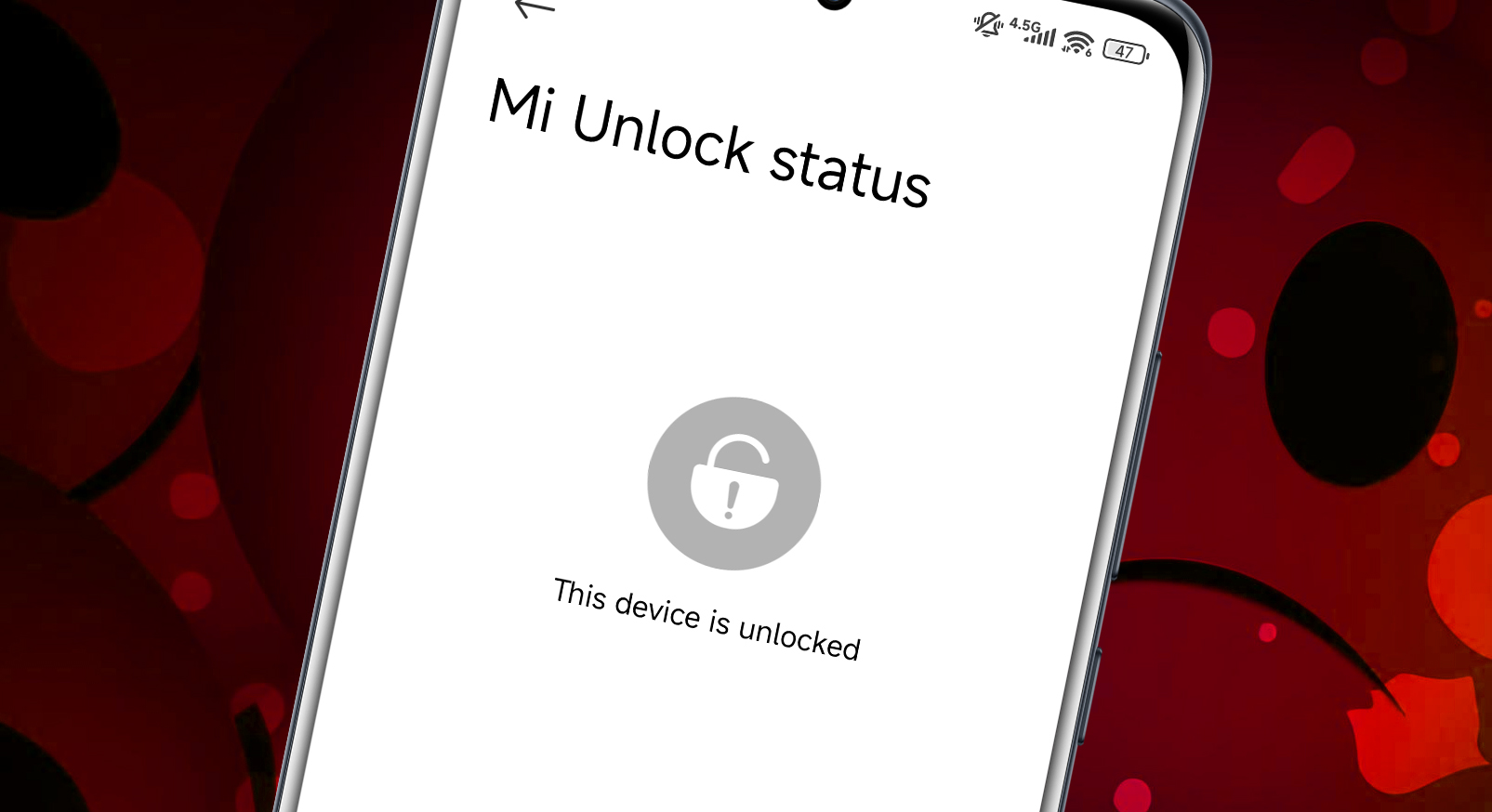
EU kills Android bootloader unlock starting August 1
August 1, 2025, is shaping up to be a pivotal date for the mobile industry. That’s when the European Union’s Radio Equipment Directive (RED) 2014/53/EU cybersecurity requirements officially take effect—directly impacting the long-standing openness that’s defined Android smartphones.
Just days ahead of the new rules, Samsung quietly removed the bootloader unlock feature in its OneUI 8 update. Clearly, they’re getting ahead of compliance. For Xiaomi, Google, and every other Android manufacturer that’s built their brands on flexibility, the message is clear: the landscape is changing, fast.
The directive doesn’t name “bootloaders” specifically, but its demand for software authenticity basically makes bootloader unlocking—at least in its current form—a thing of the past.
The bootloader is the starting gate for any smartphone OS. For years, Android stood out by letting users—and even enterprise clients—unlock bootloaders, install custom ROMs, and tailor devices to unique needs. This flexibility has been a selling point, especially for power users and certain business verticals.













